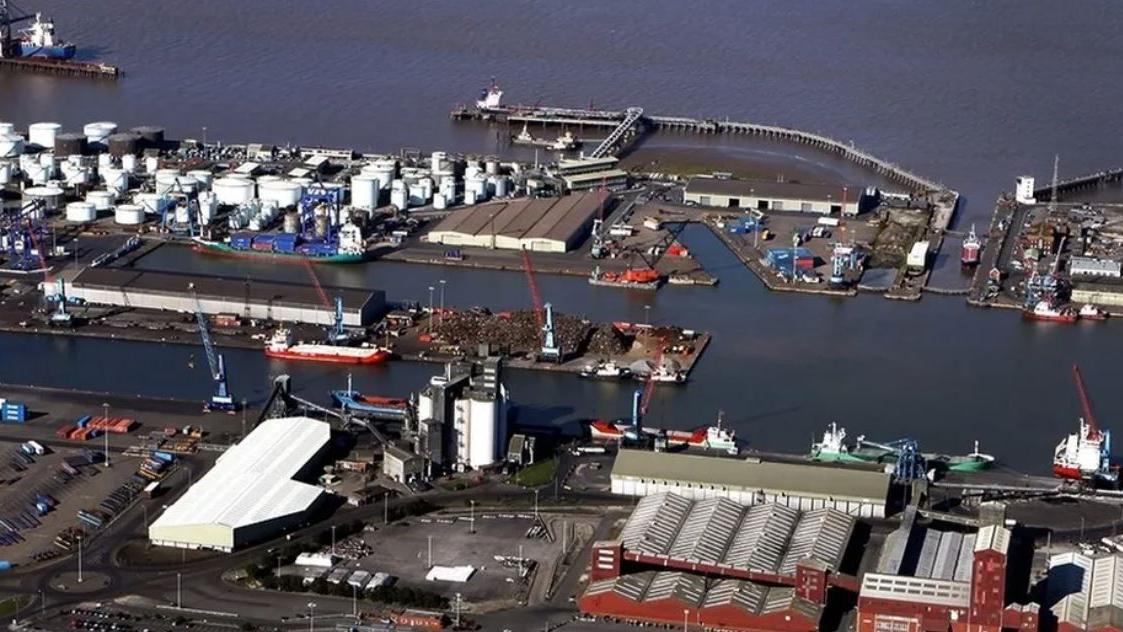Latest analysis by the Transport & Environment (T&E) has shown that Ships calling at the UK’s most-polluted ports produce more nitrogen oxides than all the cars registered in the same cities or regions.
The analysis shows that ships were continuing to discharge huge quantities of air pollutants at ports, with Milford Haven, Southampton and Immingham topping the list for emissions of harmful sulphur oxides and fine particulate matter (PM2.5) as well as nitrogen oxides (NOx).
The NGO was quoted as saying that the data underlined the urgent need for government action to ensure ships used cleaner fuels and that ports enforce more zero-emission technology such as shore-side electricity.
Shipping and ports representatives said that the report used “flawed methodology” and disputed the comparisons, but said they supported moves to reduce pollution. The report also found that in the top 10 NOx-polluted ports, about 4,000 ships produced an estimated 1.75 times as much NOx as almost one million cars registered to the same areas.
Ships calling at Southampton, a major cruise ship port, produced four times more NOx than cars in the city, T&E said. Southampton was also the worst for PM2.5, with cruise ships responsible for more than half the particulate pollution.
Read also: Campaigners say Scotland’s vulnerable marine life not properly protected
Jonathan Hood, who is the UK sustainable shipping manager at T&E, said: “The awful levels of pollution revealed in this analysis demonstrate how the UK’s port cities are being choked by the harmful fumes caused by a shipping industry that, thanks to years of government inaction, has no impetus to change.
“The government has its last chance to chart a better course for the industry with the updated clean maritime plan and it must not waste this opportunity. We need to see a rapid switch away from filthy fossil fuels, and ports must set binding targets to implement zero-emission technologies. These must include shore side electricity, which would ensure ships can plug in at port and switch off their polluting engines.”
A UK Chamber of Shipping spokesperson said the report did not take account of shore-side power now being used in Southampton by cruise ships, improving the air quality, but admitted that the UK was “behind the curve” and that more facilities should be installed.
Story was adapted from the Guardian.
